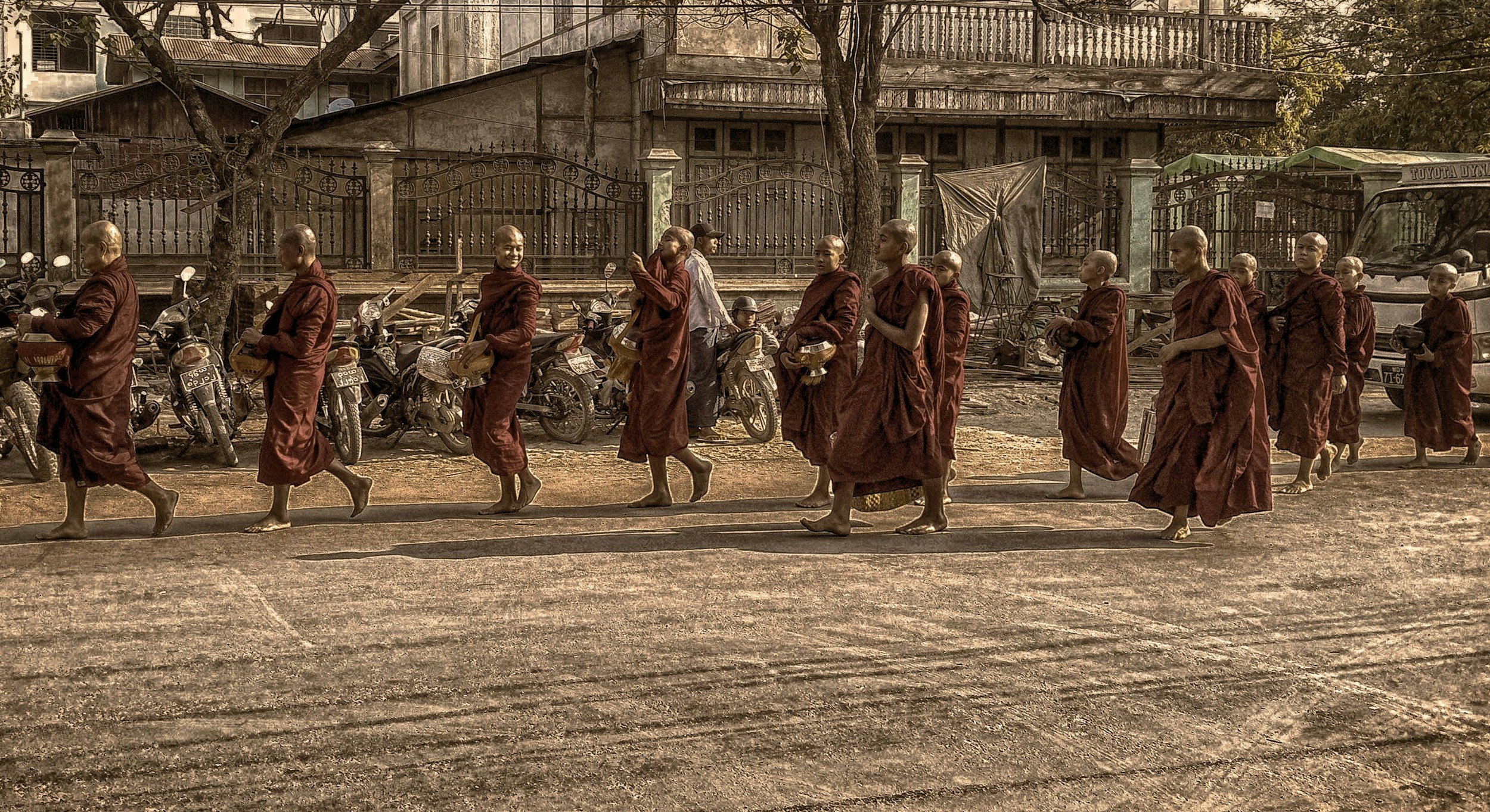
Humans are not what we used to be. Trade, warfare, disease, natural hazards, and technology have changed human culture dramatically, and culture continues to change today. One of the main laboratory areas involves the new area of “historical psychology.” Historical psychology incorporates ideas from cultural evolution, cultural psychology, and history to develop new models of how culture and psychology co-evolved over time. Whereas cross-cultural psychology measures variation across societies, historical psychology measures variation across historical time periods. Studies of historical psychology involve new methods of analyzing historical data, such as text analysis, cross-cultural ethnographic databases, and agent-based modeling.
Representative Publications:
Other Publications
Jackson, J. C., & Medvedev, D. (2024). Worldwide divergence of values. Nature Communications, 15(1), 2650. https://doi.org/10.1038/s41467-024-46581-5
Jackson, J. C., Halberstadt, J., Takezawa, M., Liew, K., Smith, K., Apicella, C., & Gray, K. (2023). Generalized morality culturally evolves as an adaptive heuristic in large social networks. Journal of Personality and Social Psychology. https://doi.org/10.1037/pspa0000358
Jackson, J. C., Yam, K. C., Tang, P. M., Sibley, C. G., & Waytz, A. (2023). Exposure to automation explains religious declines. Proceedings of the National Academy of Sciences, 120(34), e2304748120. https://doi.org/10.1073/pnas.2304748120
Lindquist, K. A., Jackson, J. C., Leshin, J., Satpute, A. B., & Gendron, M. (2022). The cultural evolution of emotion. Nature Reviews Psychology, 1(11), 669–681. https://doi.org/10.1038/s44159-022-00105-4
Jackson, J. C., Caluori, N., Gray, K., & Gelfand, M. (2021). The new science of religious change. American Psychologist, 76(6), 838–850. https://doi.org/10.1037/amp0000818
